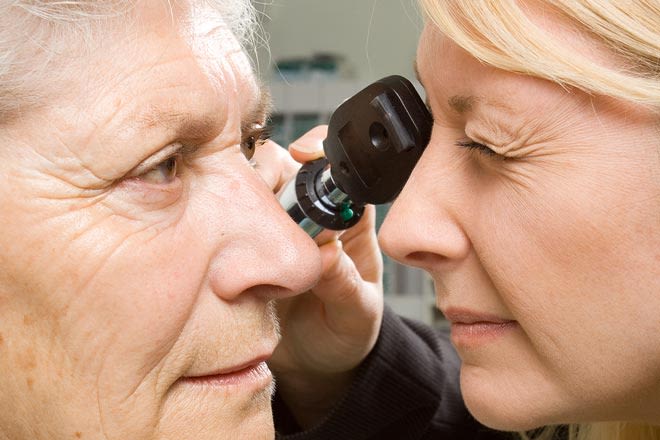How to find a low vision doctor

Many people with low vision already have an eye doctor who is treating them for an eye disease such as macular degeneration, glaucoma or retinitis pigmentosa.
If you are visually impaired due to one of these diseases or because of an eye injury or other problem, ask your eye care professional about magnifiers and other low vision devices that can help you read and function independently.
If your eye doctor doesn't specialize in low vision, he or she may have only a limited knowledge of the many choices that exist in low vision aids. You may need to ask for a referral to a low vision specialist who can prescribe low vision devices and train you to use them in everyday situations.
A useful resource to help you find a low vision doctor is the American Academy of Optometry. Academy Fellows are evaluated against the highest standards of professional competence, and the Academy's locator allows you to search for a Low Vision Diplomate in your area. The Vision Council also provides a website about low vision with a doctor locator.
Another option is to perform an online search for "low vision." On the first page of the search engine results pages (SERPs), Google and other search engines will list low vision doctors in your area or organizations that feature a searchable directory of optometrists and ophthalmologists who provide low vision care.
READ MORE: Low vision eye exams
Who pays for low vision devices and services?

A low vision specialist can advise you about which devices such as magnifiers might work best for you.
Once you find a low vision specialist, who pays for their services and the low vision devices recommended? In most cases, you do.
Medicare does not cover costs associated with most low vision aids, so many Americans are forced to pay out-of-pocket for low vision services and devices.
With the aging of the U.S. population, the lack of Medicare coverage for low vision devices may soon result in undue hardship for millions of Americans. For information on how you can support public policy changes that could benefit people who are visually impaired or legally blind and are in need of low vision aids, contact one of these vision advocacy organizations:
American Council of the Blind (ACB)
American Foundation for the Blind (AFB)
Lighthouse Guild
VisionServe Alliance
These organizations also may be able to help you obtain low vision aids for qualified individuals either free of charge or at reduced costs, depending on the person's visual condition and financial needs.
EyeCare America, a public service foundation of the American Academy of Ophthalmology (AAO), provides another option. EyeCare America has several programs designed to meet the needs of those who don't have vision insurance. Qualifying individuals will receive a comprehensive eye examination and treatment for up to one year, at no cost.
To find out more about EyeCare America's programs, call (877) 887-6327. If you are eligible, you will receive the name of a volunteer eye doctor in your community, along with instructions for making an appointment.
Some health insurance plans do provide limited coverage of low vision devices and services. Check with your insurance company or low vision doctor to see if yours is one of them.
READ NEXT: Sensory overload: A guide for people with low vision
Page published on Wednesday, February 27, 2019




